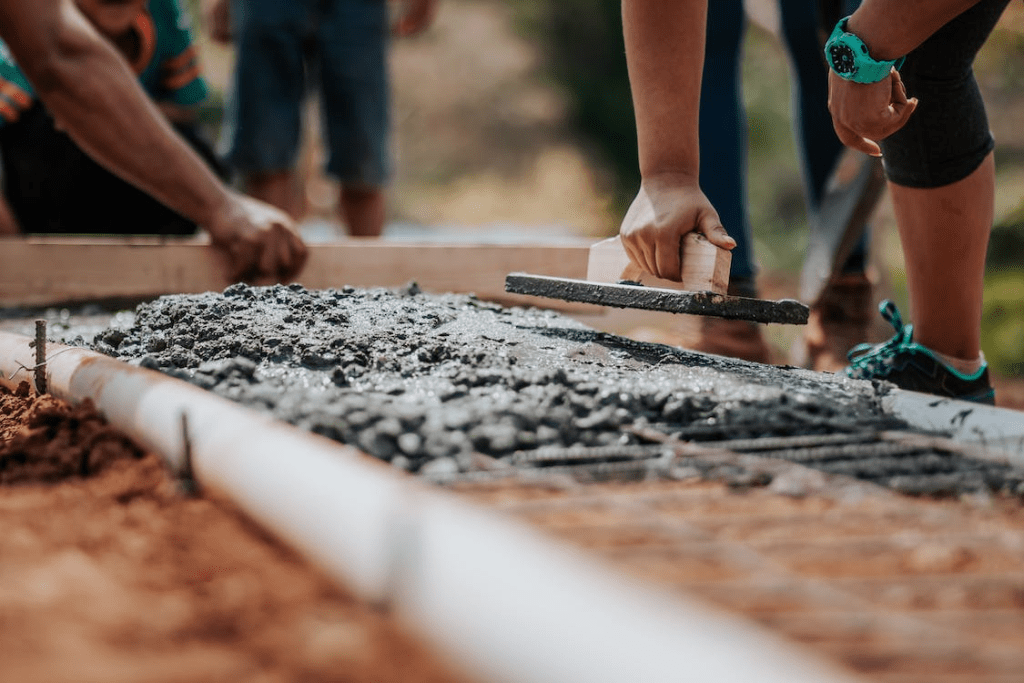Securing permits for your property can feel like navigating a labyrinth, but fear not! In this guide, we’ll unravel the complexities and empower you to master the permit game. From construction projects to zoning changes, understanding the key considerations can make the process smoother and more efficient. Before embarking on this journey, consider consulting with local experts or professionals who can offer personalized advice based on your specific location and project. Additionally, explore community forums or online platforms where property owners share their permit experiences; valuable insights from others who have walked a similar path can be incredibly beneficial.

1. Know Your Zoning Inside Out
Zoning regulations dictate what you can and cannot do on your property. Before diving into any project, take the time to familiarize yourself with local zoning codes. Are you in a residential or commercial zone? What restrictions apply? Knowing the lay of the land will set the foundation for a successful permit journey. Additionally, explore if there are any upcoming changes to zoning regulations that could impact your plans, ensuring you’re up-to-date with the latest information. Don’t hesitate to consult with a local architect or planner who specializes in zoning to gain a deeper understanding of the intricacies specific to your area.
2. Identify Applicable Permits Early On
Permits come in various shapes and sizes, from building permits to environmental approvals. Each project has its unique set of requirements. Be proactive in identifying the necessary permits at the outset to avoid delays later. It is better not to think about what is the penalty for building without a permit, as this early diligence can save time, money, and headaches down the road. Don’t hesitate to engage with local permit offices for guidance; they may offer valuable insights into recent changes or specific nuances related to your project. Moreover, consider attending workshops or seminars hosted by permit agencies, providing an opportunity to ask questions and gather additional information crucial for a successful permit application.
3. Establish Clear Project Scope and Plans
Crafting detailed project plans is a crucial step. Clearly outline your project’s scope, including design specifications and intended use. This not only aids in the permit application but also provides a roadmap for contractors and inspectors. The more transparent and comprehensive your plans, the smoother the permit process will be. Consider hiring a professional architect or designer to assist in creating detailed plans, ensuring that every aspect is covered to meet the stringent requirements of permit applications. Additionally, share your plans with neighbors and community members to gather feedback and address any concerns early on.
4. Budget Wisely for Permits
Permits often come with fees, and these can add up quickly. Factor permit costs into your overall budget to avoid surprises. Additionally, consider the potential expenses associated with delays caused by permit issues. A well-prepared budget will ensure you’re financially equipped to handle the entire permit journey. Explore if there are any grant or subsidy programs available that can help offset some of the permit-related costs, providing a financial cushion for your project. Keep in mind that some permits may have associated renewal fees, so factor these into your long-term budget planning.
5. Build Relationships with Local Authorities
Establishing positive connections with local authorities can be a game-changer. Reach out to zoning officers, building inspectors, and permit coordinators early in your project. Building relationships can foster open communication and provide insights into the local processes, potentially expediting your permit approvals. Attend local community meetings or workshops to not only build relationships but also stay informed about any upcoming changes in policies that might affect your project. Consider inviting local officials to your property for a preliminary discussion about your plans, creating a collaborative atmosphere that may facilitate smoother permit processing.
6. Anticipate and Manage Delays
Delays are par for the course in the world of permits. Whether it’s due to unforeseen circumstances or bureaucratic hiccups, anticipate setbacks. By building flexibility into your project timeline and staying proactive, you can navigate delays with resilience and keep your project on track. Consider creating contingency plans for potential delays, such as alternative scheduling options or temporary modifications to your project plan, ensuring you’re well-prepared to adapt to unforeseen challenges. Stay in regular communication with permit offices to stay informed about the status of your application and address any issues promptly.

Mastering permits involves a strategic blend of knowledge, preparation, relationship-building, and adaptability. By understanding zoning, identifying necessary permits, detailing project plans, budgeting wisely, building relationships, and managing delays, you’ll empower yourself to navigate the permit process with confidence. So, roll up your sleeves, dive into the details, and let your permit journey begin!



